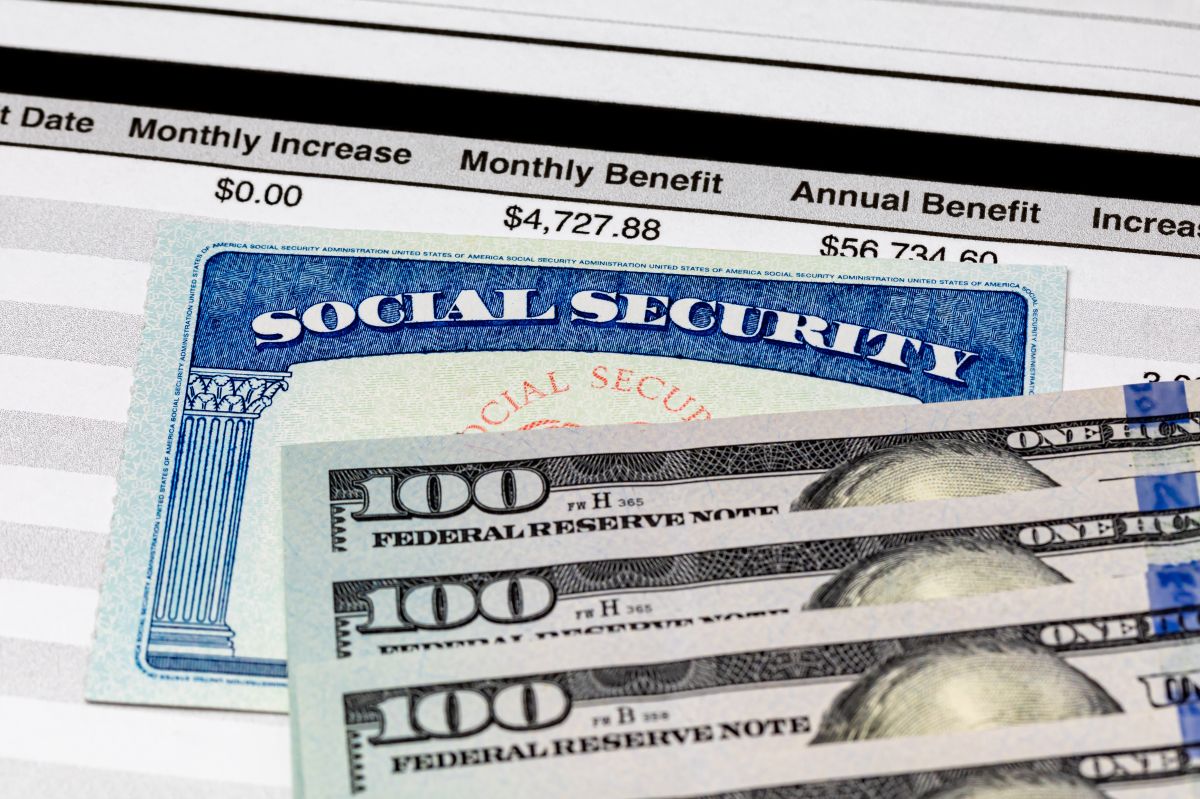In just two days, those who benefit from the Supplemental Security Income (SSI) program will receive their corresponding payments, which can be up to $914 for eligible individuals.
The first payment, scheduled for June 1, is the first of two checks to be delivered this month. The second check will be issued on Friday, June 30, since July 1 corresponds to a weekend.
The amount of money that beneficiaries receive varies depending on whether they are an individual filer, joint filer, or essential person, since each group receives different amounts of money.
According to the Social Security Administration, beneficiaries filing an individual return will receive $914 each month, while couples will receive $1,371 total.
On the other hand, essential people, who live with SSI recipients and provide them with necessary medical care, will receive a monthly payment of $458.
In addition to regular Social Security benefits, SSI payments are provided to adults and children who are blind or otherwise disabled and have limited income. This program offers monthly payments to those who meet these criteria.
To be eligible for SSI benefits, a person must be over the age of 65, be totally or partially blind, have severe physical or mental limitations that affect daily life for at least one year, or are expected to result in death.
In most cases, SSI payments are made on the first day of each month. However, when the first day falls on a weekend or holiday, exceptions are made. In those cases, checks are mailed on the last business day before the beginning of the month.
Beneficiaries receive 12 checks a year, although in some months they receive two checks and in others none.
This 2023, there are four months in which two payments will be delivered in the same month this year: March, June, September and December.
Keep reading:
Social Security would send payments of up to $4,555 on June 14
Social Security payments could be delayed if a debt ceiling agreement is not reached
The key to increasing your monthly Social Security check by $1,983
· 3 states that will send direct payments of up to $1,500 dollars to their inhabitants
